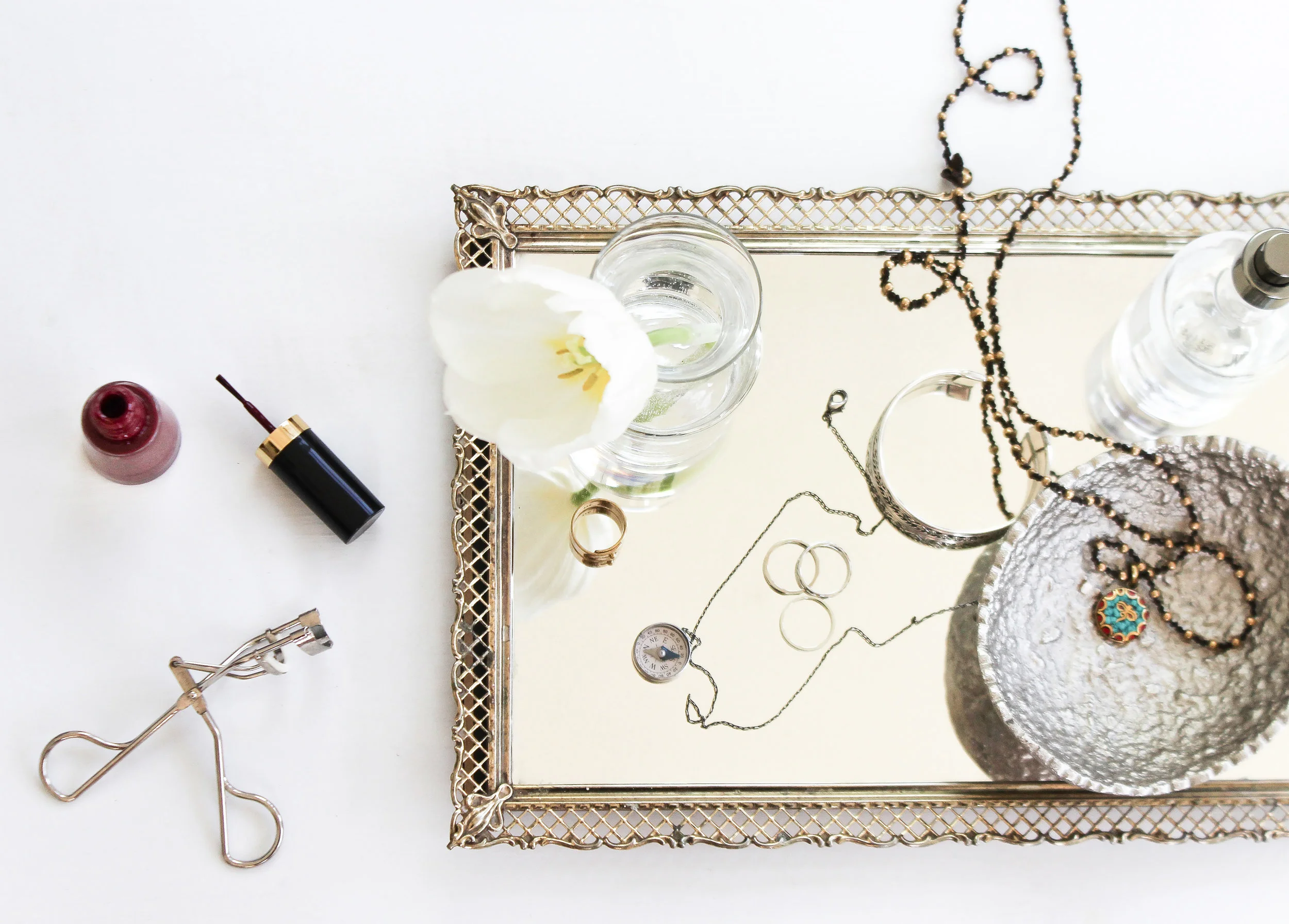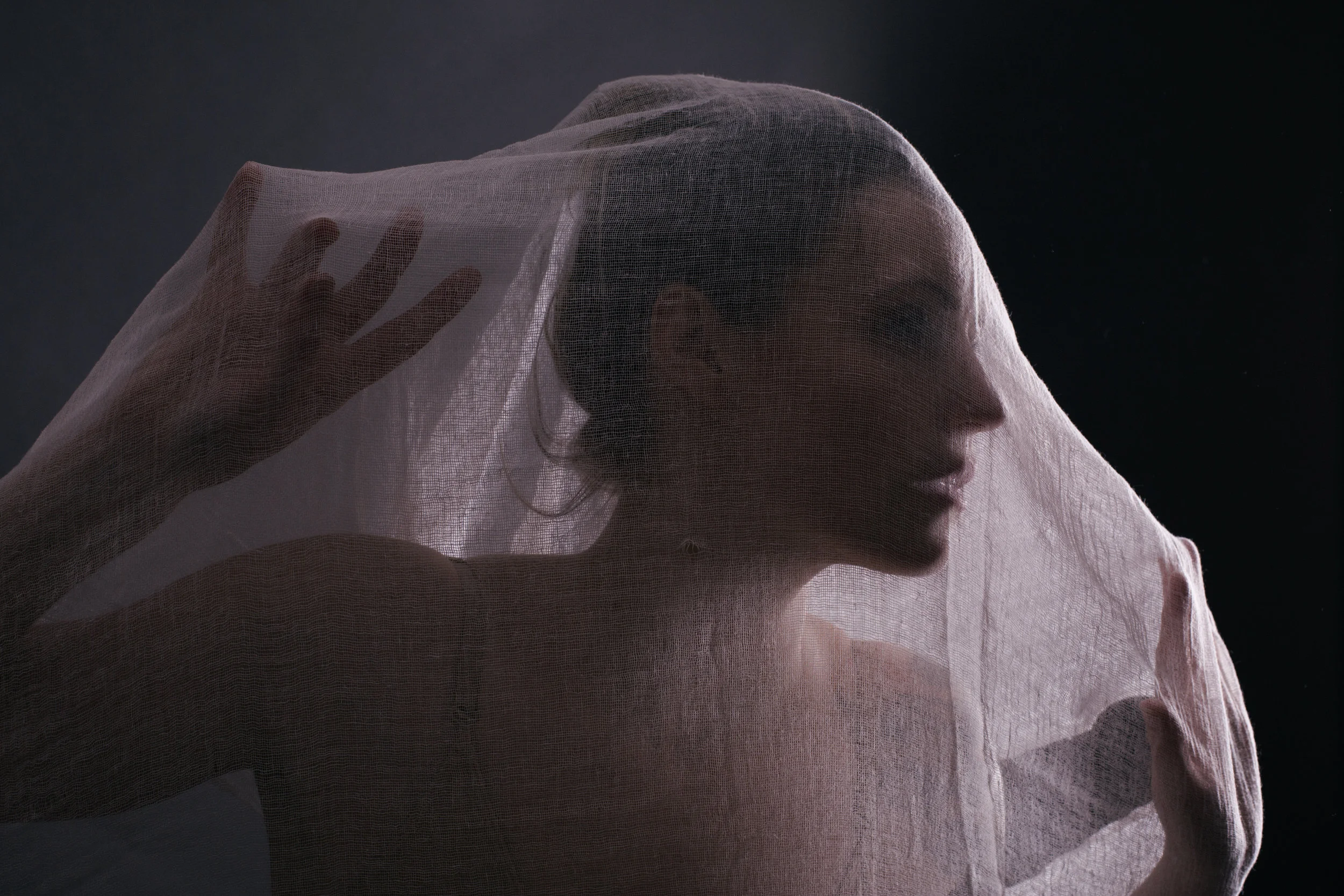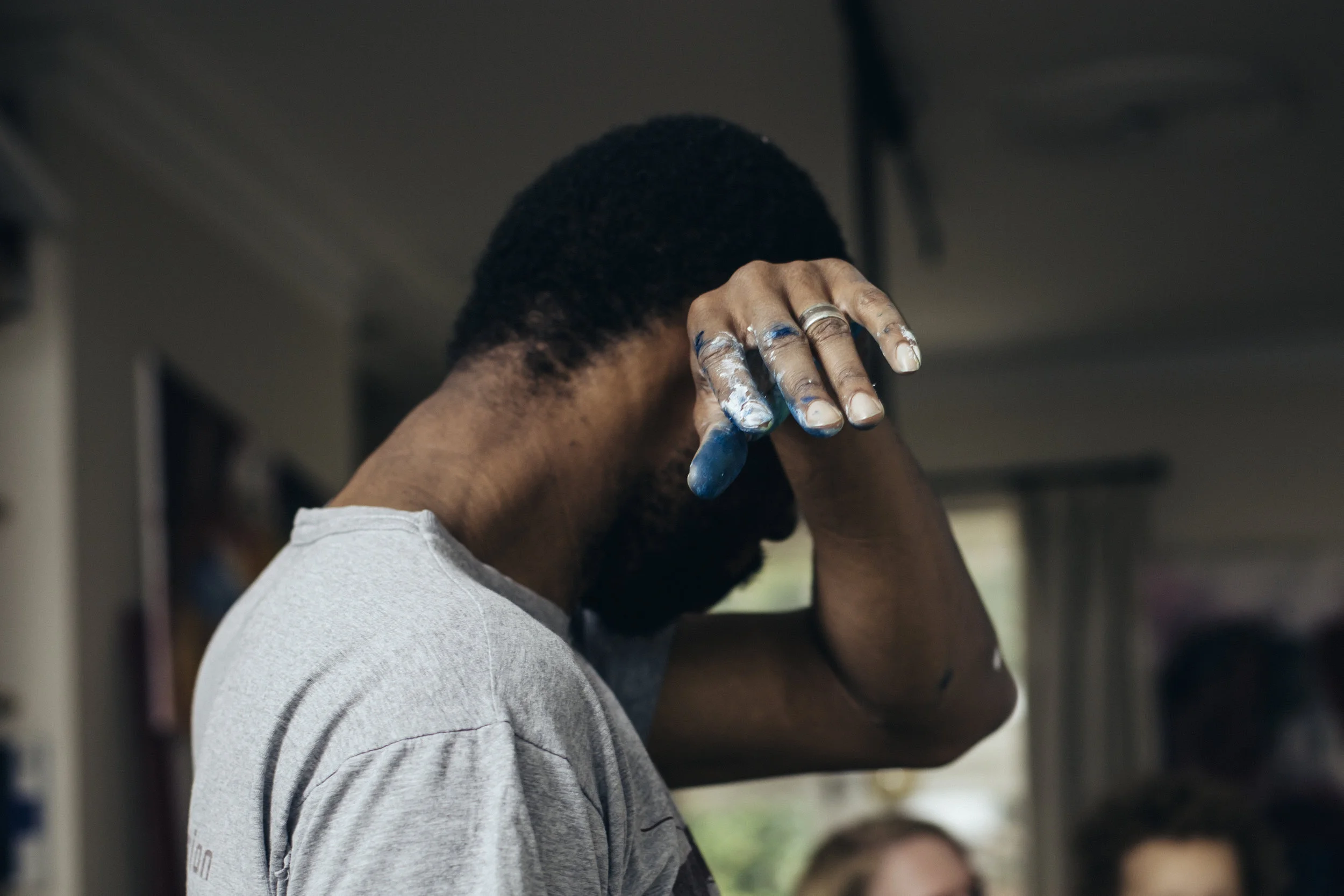Women can be really mean, especially to each other.
One thing I talk about with women all the time is how we are hardest on each other. For example, I don’t really ever wear makeup for my boyfriend. He actually hates it but I’ll wear it when I’m spending the night with the girls (partially because I vainly don’t want to look like the tired one in pictures. Just being real, guys).
When I talk to men, we usually have some weird external topic we talk about: movies, politics, or local sports teams. And with many of my female friendships since my middle school days, I often find myself in conversations with other women about other women. It could be the ritual of female conversation. I know it’s the way I learned to connect with other women. I admit I get kind of a weird adrenaline hit when one woman reveals to me what she really thinks about another woman. Especially if it’s someone I’ve been struggling with, too.
Putting aside how it’s nice to be validated and the intimacy of sharing secrets with a new friend, I want to just deal with what we get out of statements like these:
“Yeah, but did you see her outfit? She seems like she’s begging for attention.”
“Oh my glob. She’s wearing globs of makeup. She’s clearly insecure.”
Oooof. Please don’t hate me, dear readers. I haven’t uttered these exact sentences but I’ve said some pretty mean stuff in my day. Obviously, not all women are like this, but this is a real thing. I’ll cite Tina Fey’s Mean Girls for this one. I’m not exactly 100% sure WHY we do it. Stuff Mom Never Told You has a few ideas though.
What I do know, however, is that it almost never makes me feel better.
Ann Friedman, podcaster with and long distance bestie of Aminatou Sow, wrote an article for NY Magazine discussing a concept called “shine theory.” The basic gist of this concept is that women should be celebrating each other. “I don’t shine if you don’t shine” is the refrain. In other words, if one of our friends is doing well, it helps us do better.
When it comes to looking at body image and trying to change how you think about your own body, I find “shine theory” helpful.
For much of my life, maybe because I was a competitive swimmer, I have been sizing other women up (again, I’m SOOOO sorry). I used to think that if I could be better than the other woman in the room, I would feel better about myself. Maybe not even on a conscious level. I’d think, "Well, she’s wearing a bikini and she’s not even as thin as I am," and suddenly, I’d be feeling okay about my bikini-wearing status.
In reality though, later on, I would go home and think, “what if the other girls were looking at my body the way I had seen another woman.” My metaphorical stomach would sink and I’d feel like I needed to judge myself with that same critical eye that gazed upon other women so harshly. This is what Ann Friedman points out in her article:
“Contrary to deep-seated theories of female competition, I don’t think that competition made either of us any better or happier.”
And that's just the thing. I don’t think that it actually makes us feel better to see others as below us. I don’t think we actually improve our self-esteem by cutting down and shaming other women. I think when we’re mean and critical of other women, eventually we turn our gaze inward and say horrible, mean things to ourselves.
In positive psychology, there’s evidence to suggest that focusing on what we’re grateful for makes us happier. And, when it comes to body image, I love to look in the mirror and focus on what’s beautiful instead of my flaws. It really helps me feel better-looking (too bad I can't see how brilliant I am in the mirror).
My advice is to look at other women in the same way. Look for what you might like about them.
See the other women in bikinis who have those super stylish sunglasses that you want or their hilarious conversation about Broad City. In fact, according to this super scientific Huff post article, identifying traits in someone you admire as being similar to you actually boosts self-esteem.
Besides, as Ann Friedman also writes:
“Also, it’s just plain tough out there — for all the aforementioned reasons about the economy and the dating scene and body-image pressures. I want the strongest, happiest, smartest women in my corner, pushing me to negotiate for more money, telling me to drop men who make me feel bad about myself, and responding to my outfit selfies from a place of love and stylishness, not competition and body-snarking.”
It’s hard enough out there to fight the patriarchy. We might as well lift each other instead of making it harder.






